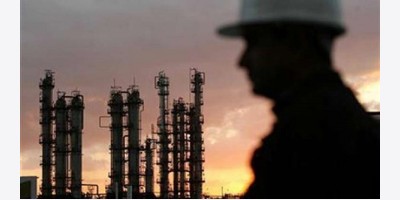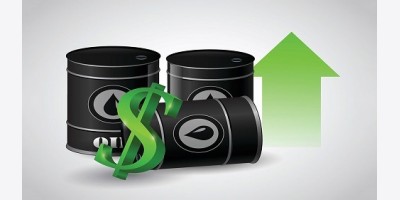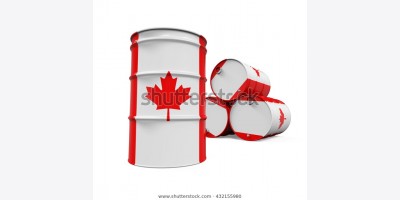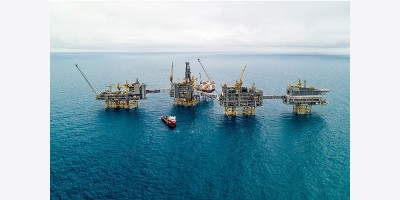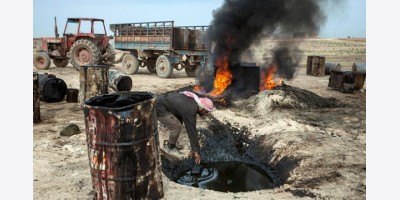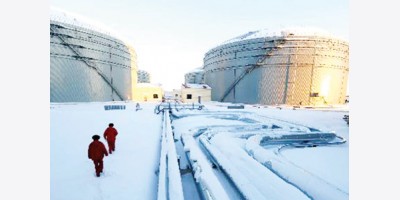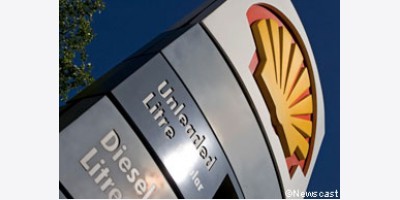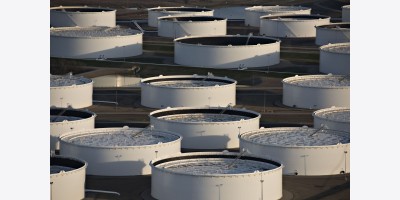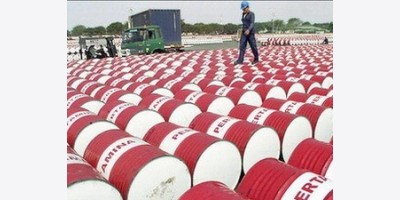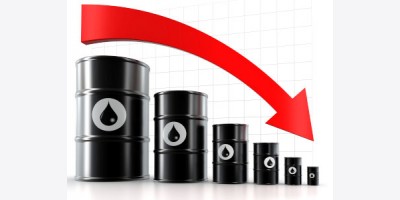Benefit From the Latest Energy Trends and Investment Opportunities before the mainstream media and investing public are aware they even exist. The Free Oilprice.com Energy Intelligence Report gives you this and much more. Click here to find out more.
Shaking off some of the restrictions of international sanctions, Iran managed to boost its oil exports by 100,000 barrels per day in January. According to the IEA, Iran was able to export 1.32 million barrels per day last month, with the increased flow going to China, Japan, and India. To be sure, Iran used to export 2.5 million barrels per day before sanctions were implemented in 2012, but the interim nuclear deal with the United States and its western allies has breathed some life into Iran’s oil sector. It removes the requirement of buyers of Iranian crude to further reduce purchases in order to avoid penalties. The value of Iran’s exports at current prices is worth about $4 billion per month.
The Iranian economy also seems to be recovering a bit from the depths of 2013, lows that many analysts believed forced Iran to the negotiating table with the West. Improving economic indicators come as Iran is wooing international oil companies to invest in Iran’s oil sector. Iran has promised better deals for private sector companies than they can get in neighboring Iraq, and several companies – including Eni, Total, BP, LUKoil, and GazpromNeft – have shown interest.
The improved economic picture has hard liners in the U.S. Congress seething over what they see as a capitulation to Iran. Senator Mark Kirk (R-IL) recently said in an interview with Foreign Policy Magazine, “We need to ask ourselves, what has this policy of appeasement produced so far in Iran? The answer is economic growth, rising oil exports, long-range missile tests, promises to send warships to U.S. waters, and declarations that Iran will never dismantle its nuclear infrastructure.” Other Senators have voiced similar criticisms of the Obama administration’s approach.
Attempting to head off further controversy from news about international companies investing in Iran, President Obama said in a press conference that the U.S. will come down on companies “like a ton of bricks,” if they violate international sanctions. He also threatened to veto a bill that would add additional sanctions on Iran in his State of the Union Address, arguing it would make a permanent deal less likely.
But as the positive economic news continues to come from Iran, Western hard liners continue to attack the administration for giving away too much in the deal. They argue that Iran will be less likely to agree to a permanent solution over its nuclear program with the U.S. because they no longer feel the pressure of a cratering economy. The latest news that Iran was able to increase oil exports adds fuel to that fire.
However, that idea cuts both ways. If the Iranian government – and its people – begin to feel economic relief due to the interim deal, that could also make them more likely to support a long-term one. A permanent deal could lift all sanctions, restore Iran’s connection to the global economy, and allow for international companies – including oil companies – to pour money into Iran. That’s a huge prize. Iran’s leaders know all too well that the West will restore and even step up sanctions if it feels that Iran is not acting in good faith. Having the economic door slam shut on them after it had been partially opened seems to not be something the Iranian people would want. It may actually be more difficult for Iran’s hardliners to turn back the clock and go back to confrontation now that they have witnessed some of the benefits of reengaging with the West.




